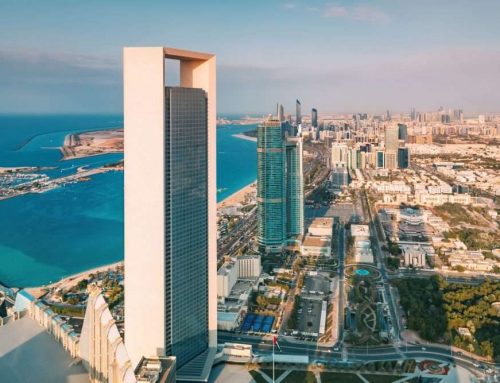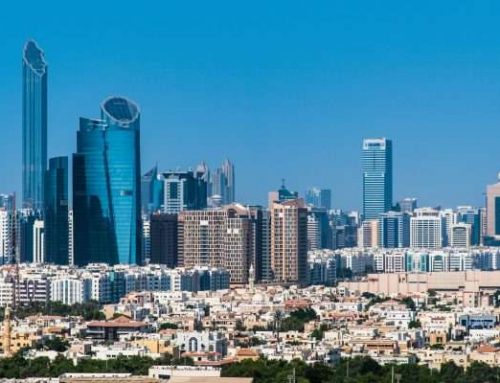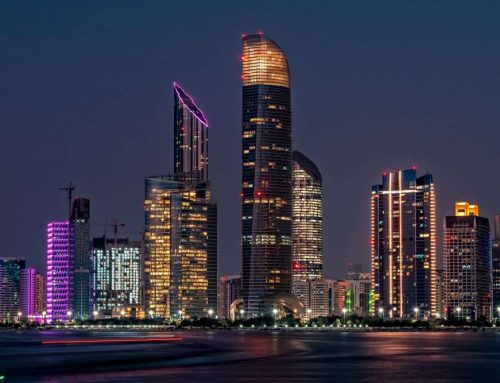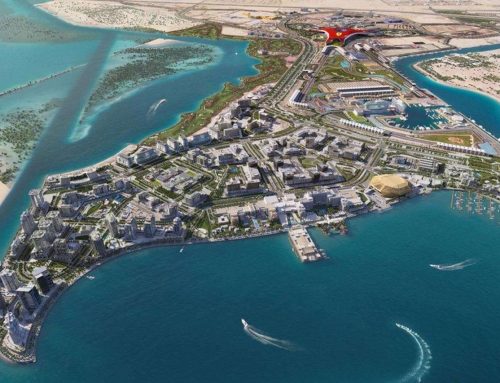Abu Dhabi Real Estate Market: Trends, Opportunities and Challenges
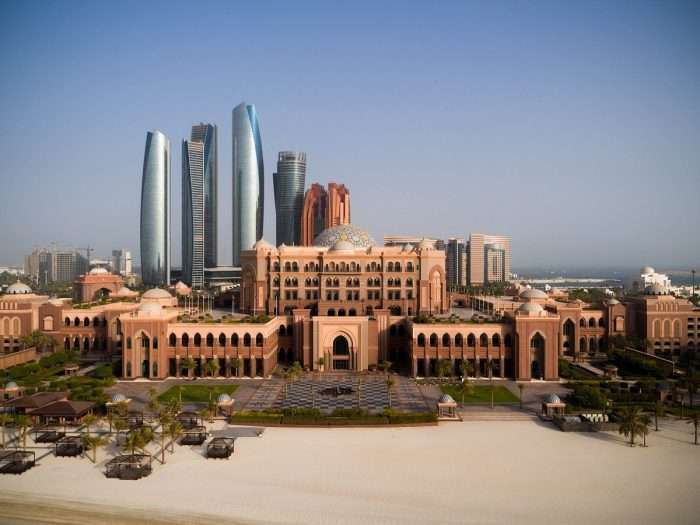
The real estate market in Abu Dhabi, the capital of the United Arab Emirates, is a captivating landscape characterized by growth, innovation, and unique challenges.
As the city thrives as a global hub for commerce and tourism, the real estate sector plays a pivotal role in shaping its dynamic skyline.
Trends in the Abu Dhabi Real Estate Market
Sustainability and Green Initiatives:
- Abu Dhabi is committed to sustainability, reflecting a global trend towards eco-conscious living.
- Developers are incorporating energy-efficient features, sustainable designs, and green technologies in their projects to meet the demand for eco-friendly properties.

Rise of Mixed-Use Developments:
- In response to the city’s growing population and diverse demographics, mixed-use developments are gaining popularity.
- These integrated projects combine residential, commercial, retail, and recreational spaces, offering a seamless urban experience to residents and visitors.
Smart Homes and Digital Integration:
- The rise of smart technology has influenced the real estate sector in Abu Dhabi, with developers incorporating smart home features to enhance convenience and security for residents.
- Additionally, digital tools, virtual tours, and online property transactions are becoming increasingly integral to real estate operations in the city.

Opportunities in Abu Dhabi’s Real Estate Market
Economic Diversification:
- As Abu Dhabi diversifies its economy beyond oil and gas, new sectors are emerging, leading to job opportunities and increased demand for both residential and commercial properties.
- Investors can capitalize on this economic growth by exploring various real estate segments.

Foreign Investment Incentives:
- The Abu Dhabi government’s initiatives, such as granting long-term visas and allowing foreign investors to own freehold properties in designated areas, make the city’s real estate market attractive to international investors looking for long-term investment opportunities.
Infrastructure Development:
- The continuous expansion of infrastructure, including transportation, healthcare, education facilities, and entertainment, presents promising prospects for real estate investors.
- Projects connected to well-developed infrastructure tend to attract higher demand and appreciation in value.
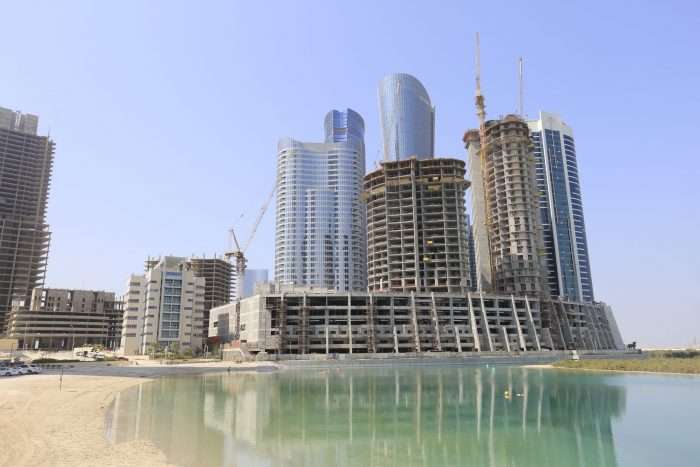
Challenges in Abu Dhabi’s Real Estate Market
While Abu Dhabi’s real estate sector presents significant investment opportunities, it’s essential to acknowledge the challenges:
- Market Volatility: Like any real estate market, Abu Dhabi’s property prices can be subject to fluctuations due to changes in economic conditions.
- Regulatory Changes: As laws and regulations evolve, investors must stay updated to ensure compliance and protect their interests.
- Oversupply: With the rapid development of new properties, oversupply can lead to a drop in rental yields and property values, impacting investor returns.


